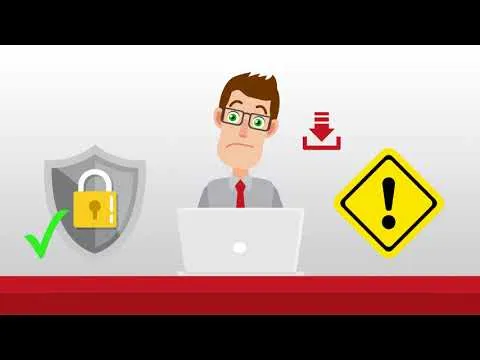The significance of cybersecurity ethics cannot be stressed at a time when the digital world is growing more and more complicated. Technology and the moral conundrums it raises are both advancing. This essay aims to provide readers with a safe and reliable digital environment by examining the best methods for upholding integrity in the field of cybersecurity.
Understanding the ethics of cybersecurity
An area of applied ethics known as cybersecurity ethics looks at the moral choices and duties people and organizations must make to protect digital data. It covers various issues, including openness, accountability, and protecting personal information and privacy.
- Put data privacy first
Protecting people's privacy is one of the guiding principles of cybersecurity ethics. This requires strong access restrictions, encryption protocols, and data anonymization methods. Organizations must adhere to pertinent data protection laws, such as the GDPR in Europe or the CCPA in California, to ensure personal information's legal and moral management.
- Encourage a Transparent Culture
An essential component of moral cybersecurity procedures is transparency. The mechanisms organizations use to handle data, their security precautions and any data breaches should all be transparent and honest. This fosters trust with stakeholders and shows a dedication to moral behavior.
- Educate and Develop Staff
The first line of protection against cyber attacks is frequently the workforce. It is essential to provide thorough training on cybersecurity best practices, including the moral ramifications of their activities. Individual decision-making is facilitated, and the possibility of inadvertent breaches is decreased.
- Use responsible vulnerability disclosure techniques
The importance of proper disclosure of security issues cannot be overstated. Instead of using vulnerabilities for one's own advantage, this entails disclosing them to the concerned parties or appropriate authorities. Ethical hackers help make the internet more safe by doing this.
- Put in place a reliable incident response strategy
Breaches may still happen despite the greatest attempts since no system is completely impervious. The quick, ethical, and legal handling of any security issues is ensured by having a well-defined incident response strategy in place.
- Conduct ethical hacking
Penetration testing, another name for ethical hacking, simulates cyberattacks to find weaknesses. Employing ethical hackers enables firms to identify and fix security flaws before criminal actors may take advantage of them.
- Take Continuous Compliance Monitoring seriously
It takes constant effort to be compliant with new cybersecurity requirements and laws. Organizations comply with ethical and legal standards by routinely examining and upgrading security policies and procedures.
Conclusion
Maintaining cybersecurity ethics is essential for sustaining trust and integrity in the constantly changing digital ecosystem. Organizations may serve as stewards of integrity in the digital era by prioritizing data privacy, promoting transparency, training staff, and adhering to best practices.
Remember that you must locate and provide pertinent photos or videos to enhance the article and the text. You may look for royalty-free photos on websites like Unsplash or Pixabay and use video resources on websites like YouTube (be careful to abide by copyright regulations and give correct acknowledgment if required).
Posted using Honouree
